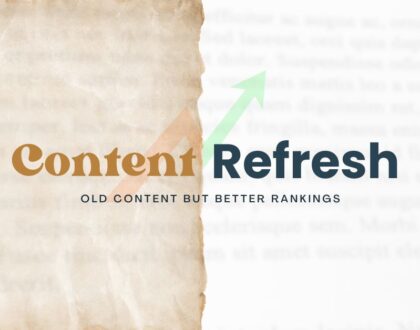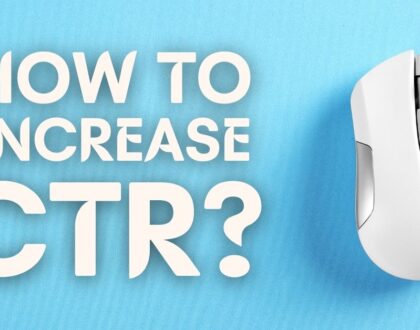Why is Google Showing H1 as Title in SERP?

When it comes to search engine optimization, no detail is too small. Everything from your title tags to anchor text matters, which is why you need to stay vigilant for any changes.
Unfortunately, Google can adjust its algorithm on a whim without any warning or notice. One of the most recent changes is using H1 header tags instead of your title tags in search results.
While this is a relatively minor detail, it can affect your ranking, so you need to be prepared. So, we will show you how to ensure that your title tag gets used instead of your H1.
Why is Google Showing H1 as Title in SERP?
Overall, Google is committed to delivering relevant content to its users. So, if the engine thinks that your H1 is more relevant than your title tag, it will change it without warning. Google may also use your H1 if you don’t have an optimized tag for the page. Since this happens without your knowledge, you have to conduct routine audits to see if it occurred. Otherwise, you may never know.
How to Stop Google From Changing the Title
Thankfully, knowing about the change means that you can adapt to it. Here are five ways to prevent Google from changing your title tag to your H1.
- Custom SEO Title for Each Website Page
If your website has tons of pages, it can be hard to manage SEO for all of them. However, if you don’t put an SEO title for each page, Google will use your header as the default.
Fortunately, most content management systems make it easy to do this and have a dedicated slot where you can write it in. Ideally, the system will also notify you if the title is too short or not optimized with the right keyword. For example, Yoast SEO uses a red/yellow/green notification to tell you if the title will work for SERPs.
- Write Unique and Descriptive Titles
One way that small businesses keep up with SEO titles is to reuse the same one repeatedly. While this tactic is convenient, it makes it more likely that Google will change your title.
Instead, you should take the time to write unique titles for each page that utilize the best keyword for the page. Again, if you use an SEO management system, you can tell whether the title will work or not immediately.
The other benefit of unique and descriptive titles is that they help users figure out what the page is about. That way, when looking through SERPs, users can tell if your page is the most relevant and make their decision to click or not.
- Don’t Make Titles Too Long to Display in Search Results
Your SEO titles shouldn’t be too short or too long. Too short, and they may get replaced. Too long, and they get cut off on SERPs. When that happens, it’s harder to tell whether your page contains the right information. Google may know, but users might not be able to figure it out.
Overall, remember the mantra “less is more,” but know that there is a limit to how much less will work. On average, a title should be about 10 words or 55-60 characters.
- Avoid Clickbait Titles
We’ve all been the victim of clickbait at some point. A title promises one thing but doesn’t deliver. Not only are clickbait titles annoying, but Google can penalize you for them as well. Yes, you want to write a captivating title that grabs your audience’s attention, but it should be authentic.
- Don’t Keyword-Stuff Your Titles
Ideally, you should only include one keyword in your title tag. More than that, and you’re cannibalizing your own pages. Too many keywords can make the title seem confusing, and Google won’t know how to index it. The search engine also punishes sites that use deceptive practices, which include clickbait and keyword stuffing.
Read more ways to make your website clickable!
Why Should the Page Meta Title be Shown as the SERP Title?
If you read through your various H1 headers, how descriptive are they? Do they convey the correct information about the page, or are they generic and confusing?
A meta title gives you greater control over what the user sees on a SERP. Otherwise, your traffic may dip because people don’t know what to expect when clicking on your link.
Get Help With Your SEO
Search engine optimization covers so many topics that it’s almost impossible to keep up on your own. Instead, let us help your business get better rankings on SERPs. Contact us today to find out more.
Recommended Posts

Content Refresh: How to Plan and Update Old Content for Better Rankings
September 13, 2023

AI Assistant vs. Search Engine
May 22, 2023


